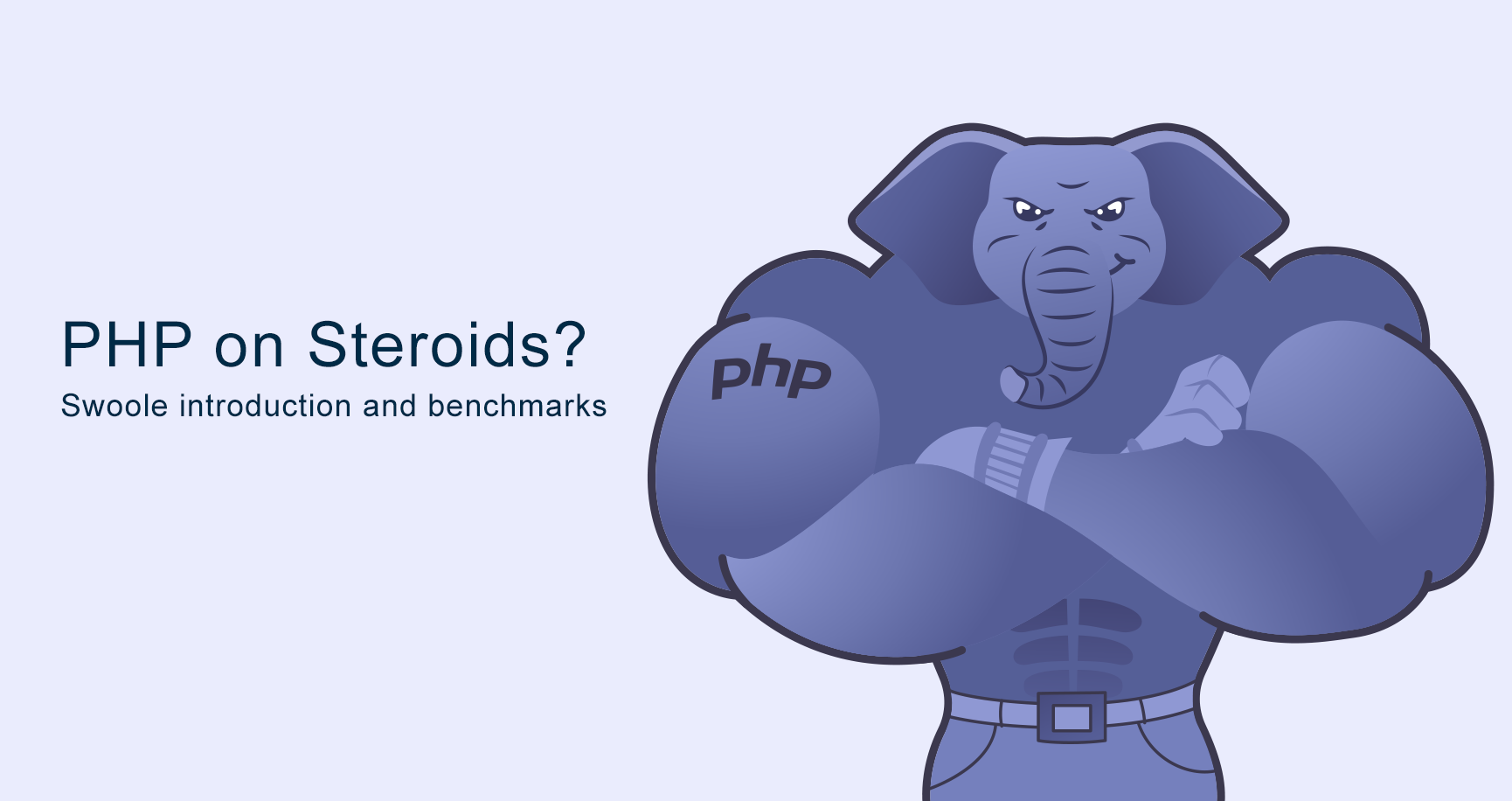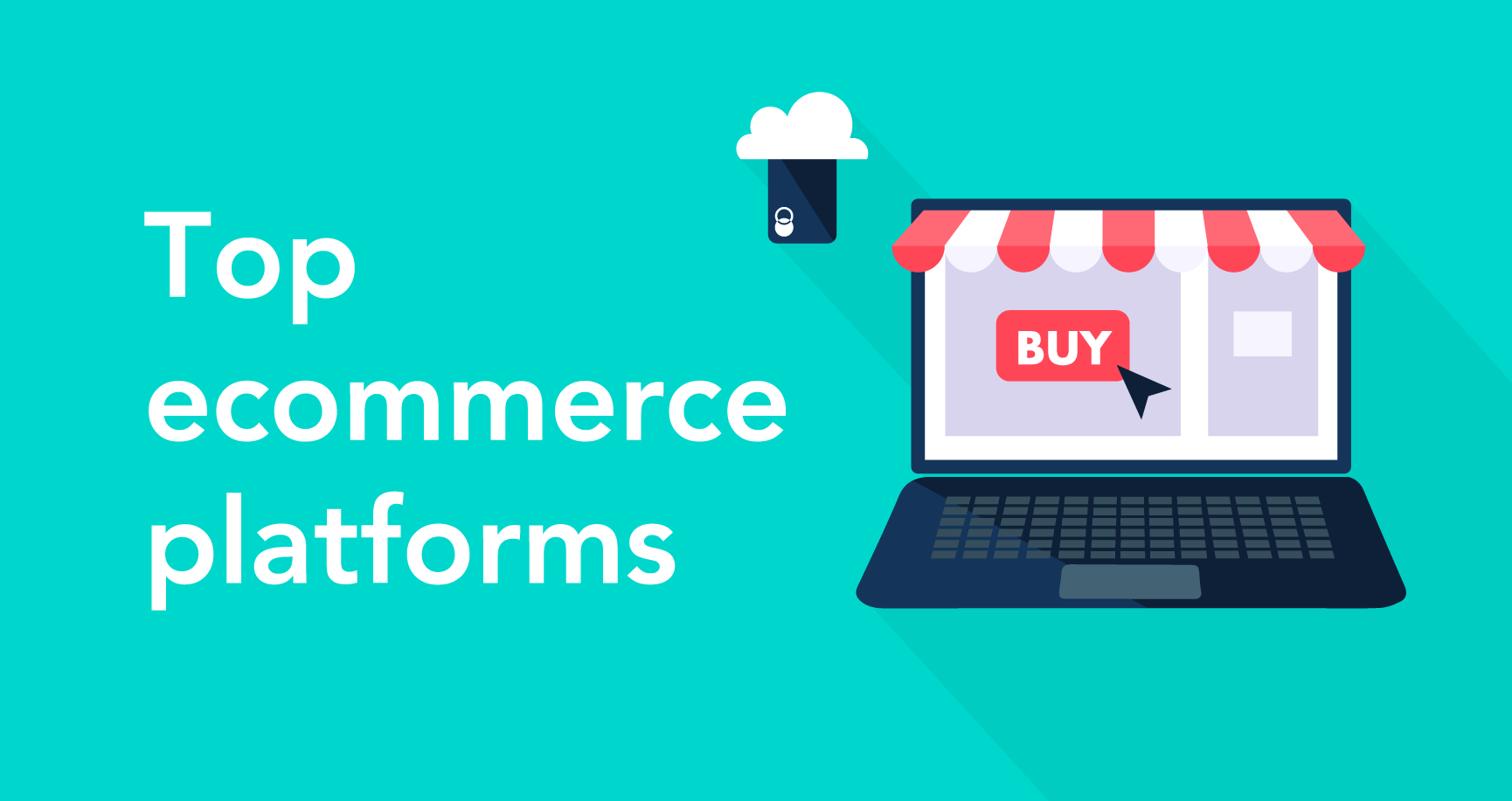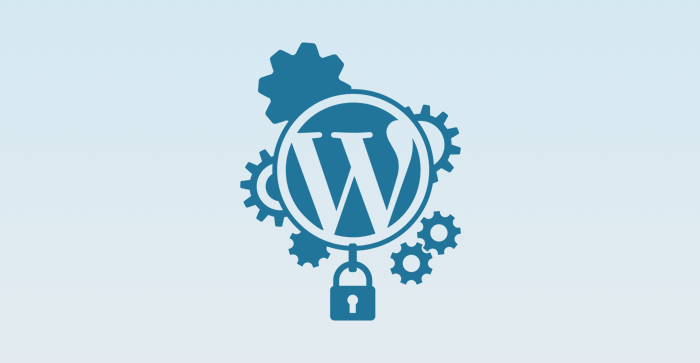Most important SEO factors of 2018 for beginners
by Anna Kane , 7 years ago

Introduction
When it comes to Search Engine Optimization, there isn’t an exact recipe, as
the ranking signals are now probably in the rage of thousands, we can’t pretend
we know exactly what they are. What we
know though, is how much of an impact optimizing the most important SEO factors
has ( in the real world ).
This article’s goal is to walk you trough what we consider to be some of the most important SEO ranking factors in 2018.
While reading along, you will hear us mentioning about SEO
ranking factors as being on-page and of-page. Difference between them is:
- On-page SEO refers to factors taking place on your actual site, like content, urls and code.
- Off-page
SEO refers to actions taken to improve your site ranking and trustworthiness by
building the right inbound links network and social signals.
On-page SEO factors
· Content, Content, Content
Now, high quality content is maybe the most important factor when it comes to on-page SEO. Try to keep your content lengthy, useful and unique. Updated content is also liked by Google, but try to make low magnitude changes when updating.
§ Site title
Make sure to contain your keyword, be relatable to page’s content and be brief and descriptive. As for the actual length, keeping it around ~60 chars is idea.
§ Site URL
Make sure to contain your keyword and match your page title. It should be human readable and words should be separated by hyphens while stop words and punctuation should be avoided. Ideal URL length is around ~60 characters, but everything under 100 characters is okay.
§ Site meta description
Although meta description is not that important as it used to, it can offer you a lot of control over your indexed pages. It should contain your keyword and be around 150 characters long, as Google’s May update truncates everything above that.
§ Keyword in important HTML tags
Make sure your keyword is present in important tags, like H1, H2, H3, bold and italic
§ Images
Your images should have suggestive file names, alt descriptions even captions and descriptions
§ Sitemap AND/OR Solid Internal Links Structure
Make sure not to have broken links and avoid redirects. If you are not using a sitemap, your internal links structure should be well balanced and avoid excessive internal links.
§ Robots txt
Make sure your robots.txt file is not disallowing search engines to crawl any important sections of your website, while keeping private internal stuff.
§ HTTPS
Make sure your site is protected by SSL encryption. You can now get free certificates using something like Let's Encrypt and Certbot.
§ Mobile friendly
Mobile friendliness is again one of the most important factors of on-page SEO. Make sure your website is looking good on all mobile devices.
§ Page speed
Page speed is an important factor because it denotes the usability of the site, just as the mobile optimizations.
§ Contact us, TOS and Privacy pages
The pages mentioned above also denotes credibility not only for your users but also for Search engines.
Off-page SEO factors
§ Links, Links, Links
Backlinks are the most important SEO factor, both on and off page. However, your links must be high quality, from high authority domains, relevant and similar websites links and also diverse links.
§ Domain age
It is a common fact among SEO gurus that domain age and sometimes even registration length makes your website look better for search engines. Also a clean domain history is required for successful projects. Keyword present in the domain is also a plus, but websites with keyword in domain and thin content might get penalized.
§ Server location, IP History
According to some experts, search engines tends to boost the ranking of websites based on their server location and IP history, which should be clean and with no spam antecedents. Also, keep in mind shared hosting servers are a bit more risky than VPS/dedicated servers.
· Social signals and Social usage
How many times your site or page has been shared on Facebook and Twitter might actually make a difference, as social signals are always to keep in mind when optimizing your SEO. As a starting pack, websites with Facebook pages that has a lot of likes or a Twitter profile with many followers might just get you the boost you are looking for. Also, as most of the real world business are on LinkedIn, a profile on it might help you too.
Bonus: To Avoid ( Penalties )
§ Keyword stuffing in title / meta description
Using excessive keywords in your content, title, meta description or URLs might get you penalized. You can use them multiple times in your content, but just make sure they’re usage is in context and not forced.
· Paid / Low quality / Spammy Links
There aren’t many things Google hates more than paid or spammy links. Make sure your link building strategy is clean and safe.
· Pure / User-generated Spam
Google doesn’t like spam, so try to stay in the safe zone as much as possible.
§ Duplicate content / pages
Google doesn’t like duplicate content, so avoid penalizations by not duplicating content or pages. Use canonical tags when needed.
§ Sneaky Redirects / Doorway pages
§ Getting hacked / hosting malicious pages or hosting piracy content
§ Hiding text
§ Popups
That's it for now guys! If you think I've skipped something important, let me know ;)
Take care and don't let your SEO go wild.
Register and post a comment
You may also be interested in

PHP on steroids? Swoole introduction and benchmarks
What is Swoole? Swoole is an open-source C extension for PHP that enables true event-driven, async programming for PHP via its coroutines implement...
Top self hosted ecommerce platforms in 2020
The self-host eCommerce platform- a potentially cheaper, but definitely more customizable, more flexible, and more transparent solution if you’re look...